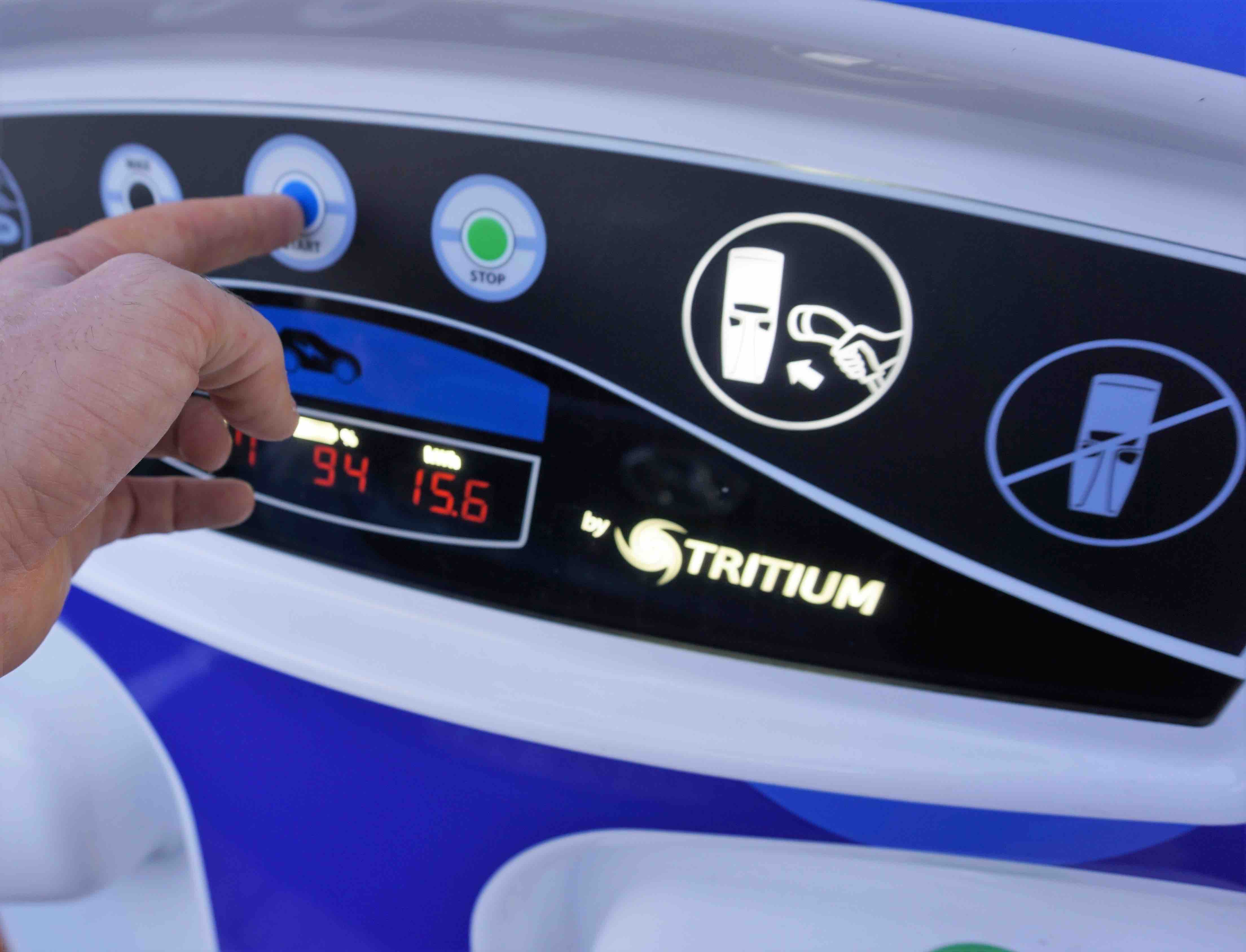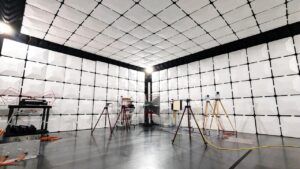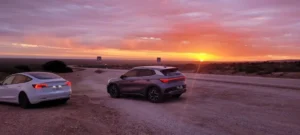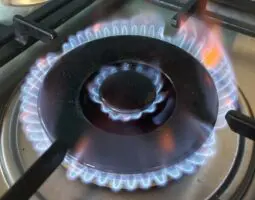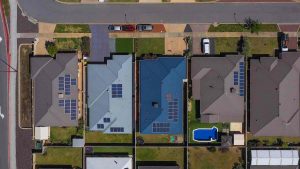The troubled Australian electric vehicle fast charging company Tritium has collapsed after its directors declared it to be insolvent, voluntary administrators were appointed and its lenders called in receivers.
The spectacular collapse of a Brisbane-based start-up that managed to grab a major share of the global EV fast charging market and was once valued at $2 billion will come as a shock to the industry, and a potential embarassment for a government seeking to encourage “Made in Australia” clean energy manufacturers.
In a a statement issued overnight to the Nasdaq stock exchange in New York, where it has been struggling to retain its listing because of a collapsing share price, the company said Tritium DCFC and three of its Australian subsidiaries were either insolvent or likely to become insolvent.
The directors said they had appointed Peter Gothard, James Dampney and William Colwell to act as voluntary administrators. Later in the day, McGrathNicol Restructuring said it had been appointed by lenders as receiver, and would manage the business while seeking buyers for the assets.
Shaun Fraser, from McGrathNicol said the collapse was inevitable after the last of six potential trade buyers pulled out of the process earlier this week.
“The last bidder bowed out of process earlier this week so directors no choice but to appoint administrators,” Fraser told Renew Economy.
Fraser said the company, despite its success, was still regarded as a “start-up” because it had not reached profitability, and the Nasdaq listing, despite its initial success, had not worked out.
“The lenders have been supportive, but the Nasdaq listing didn’t work for the company, it didn’t provide the access to capital markets that the board had hoped,” Fraser said. “It needed more time and more money – it didn’t have the capital to get there.”
Fraser said the biggest lenders were US-based credit funds and had seniority, while major shareholder Trevor St Baker was also a significant lender.
It’s an incredibly sad outcome for Tritium, which was a world pioneer in the rollout of EV fast charging infrastructure, despite the slow uptake of EVs in its home country, and made a hugely successful Nasdaq stock listing that valued the company at around $2 billion.
However, its fortunes quickly turned as it struggled to make a profit and amid questions about the reliability and servicing of its equipment, particularly its first generation 50 kW fast chargers.
Two of Australia’s most prominent coal barons, St Baker and Brian Flannery, were big backers of the company and made massive paper profits from its spectacular listing.
St Baker remained faithful and provided loans to the company to keep it afloat, but Flannery reportedly sold the last of his interest for just $1 million earlier this year. At its last trading price, the equity value of the stock was worth less than $US4 million.
Its price collapse threatened its position on the Nasdaq Stock Exchange, and it received warnings of potential delisting, firstly because its share price was too low and then, after a major share consolidation, because it didn’t have enough shares on issue.
The collapse of Tritium will be of major concern to the EV industry. Chief among those concerns is the ability to provide maintenance and spare parts to its fast chargers, of which there are more than 13,000 installed in more than 40 countries.
It’s also a bad look for federal Labor’s “Made in Australia” plan to secure local manufacturing in key clean energy industries. Prime minister Anthony Albanese had described the company’s decision to move its manufacturing to the US as a “lost opportunity”, but it has been reported the company was unable to get state of federal funding support.
Tritium had sought trade buyers in the lead up to its collapse and it is expected that McGrathNicol will seek to resume those talks, and pursue other leads.
It is not immediately clear how much is owed and to whom, although St Baker, a billionaire who made his fortune out of the coal industry, but who has invested significant in new technology through the St Baker Innovation Fund, remains a significant lender.
A meeting of creditor’s must be held by April 26, by which time further details of its financial situation and its creditors list may be known.
For more details, please see the full story on our EV-focused sister site The Driven.

